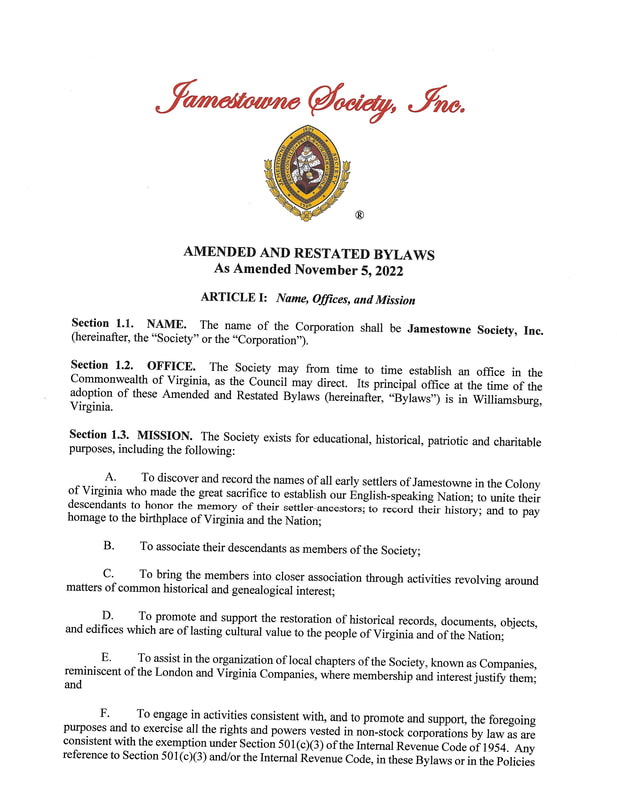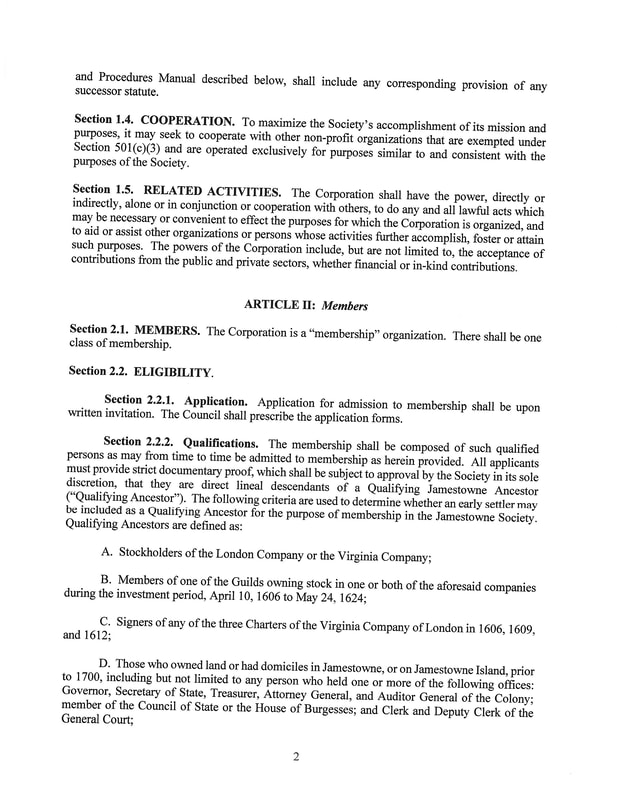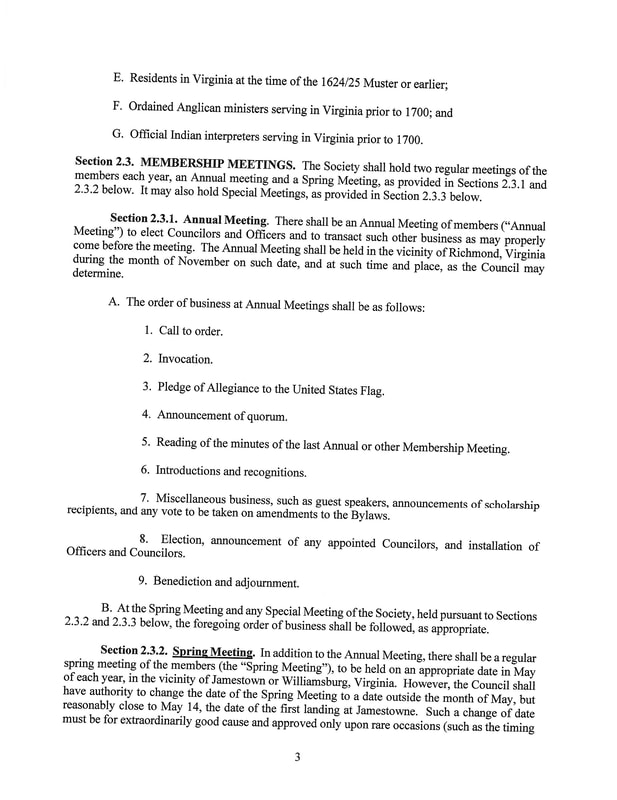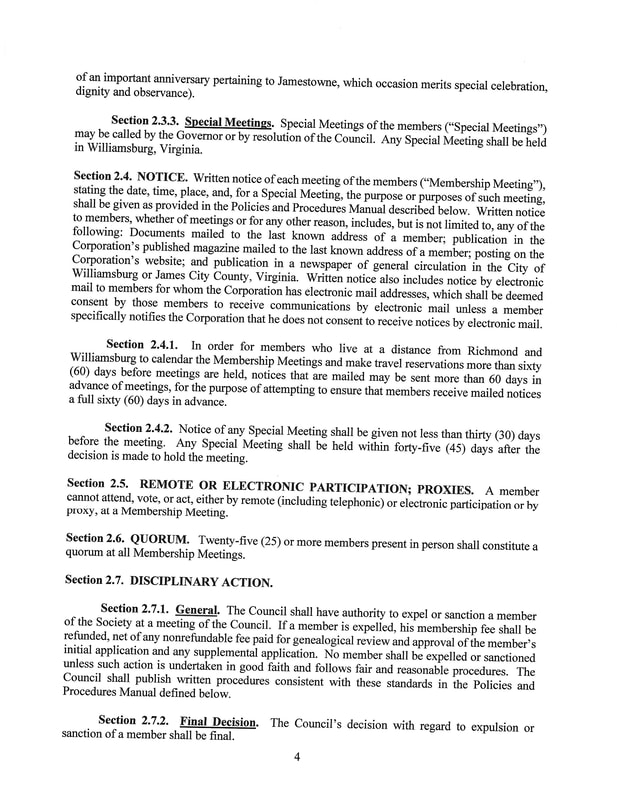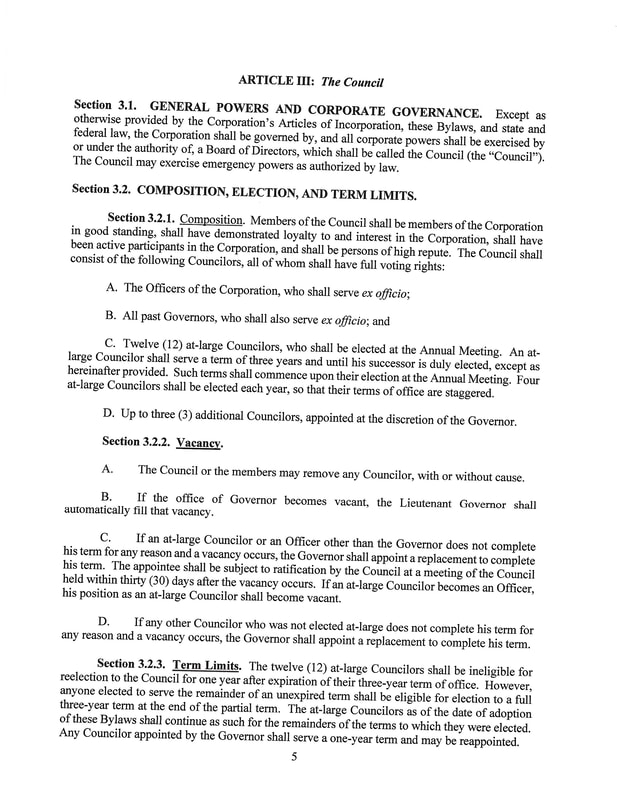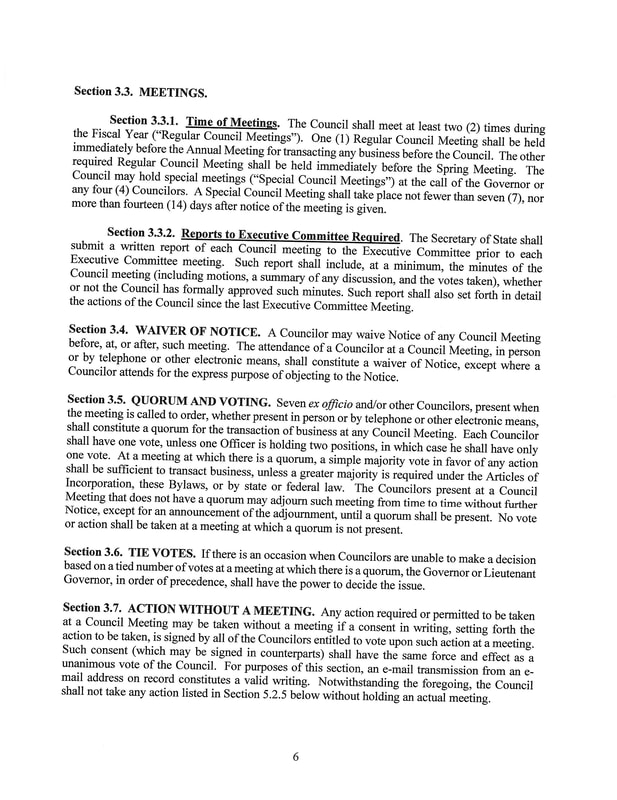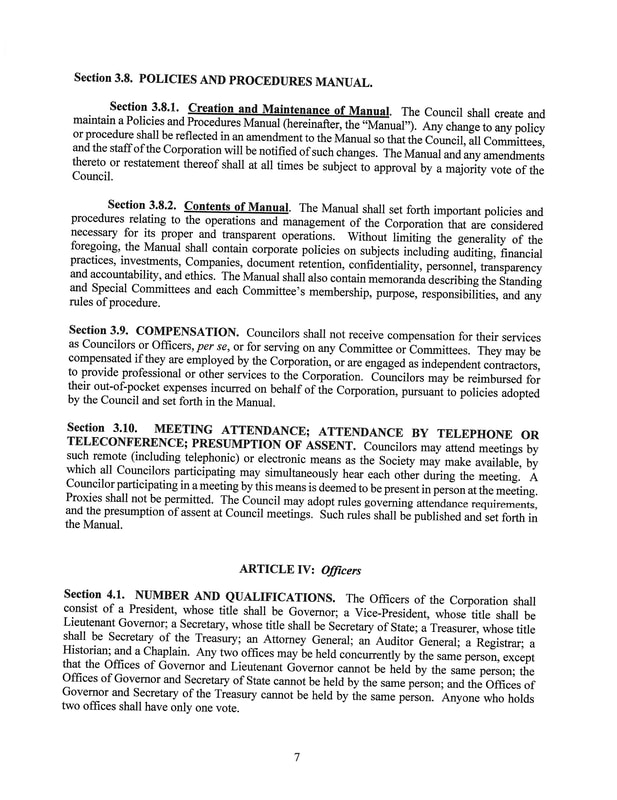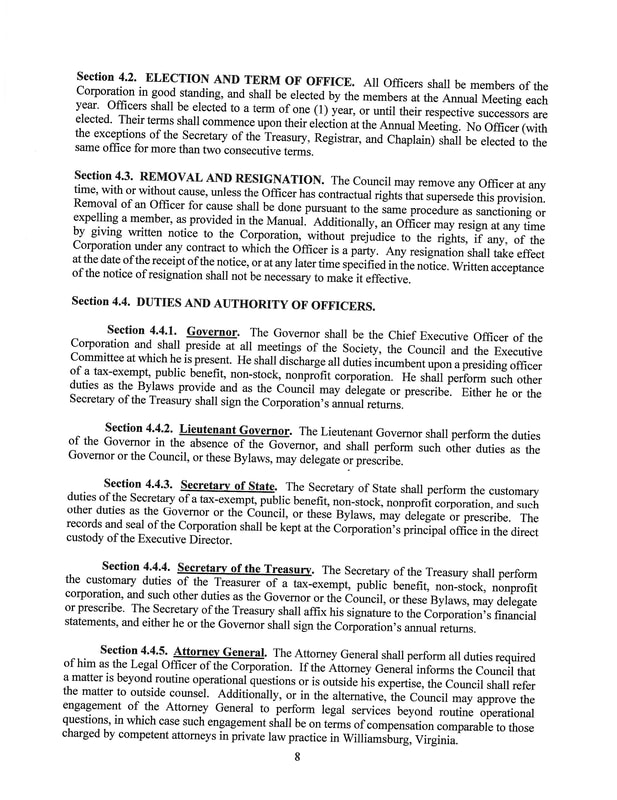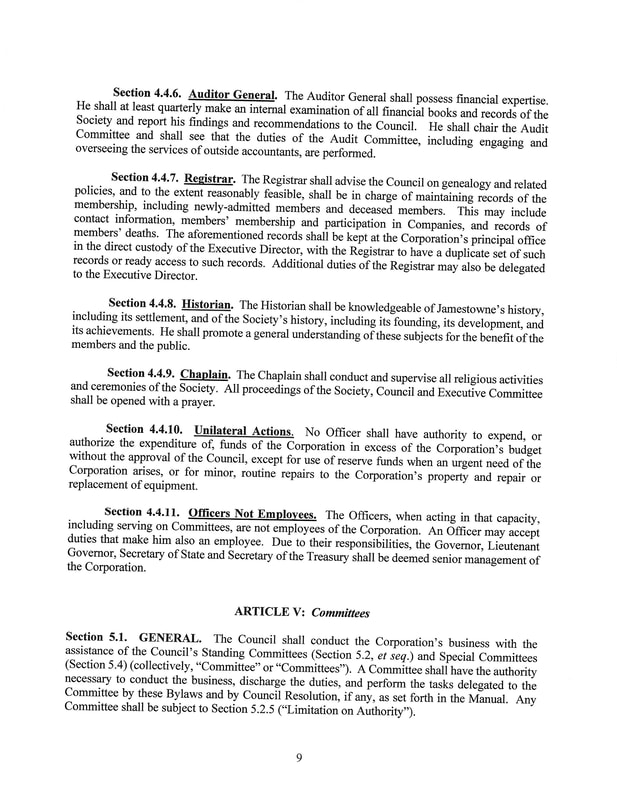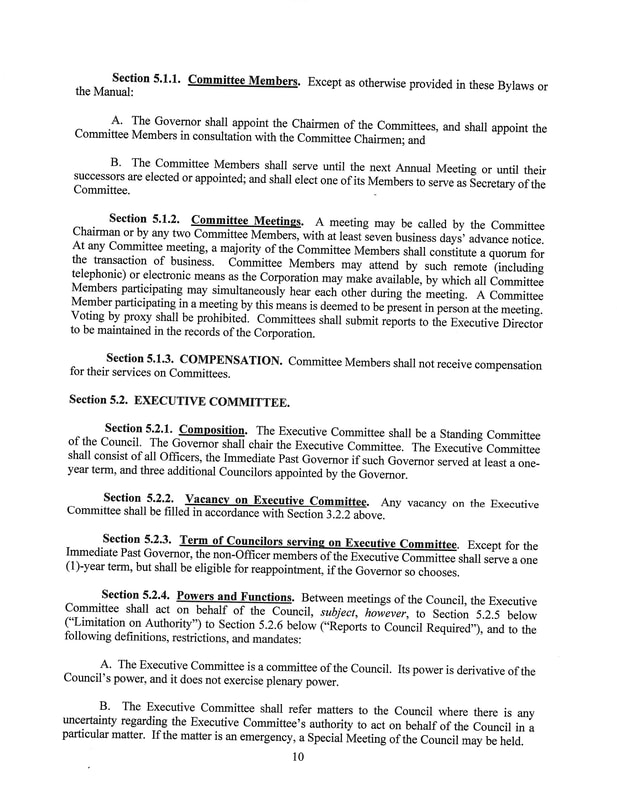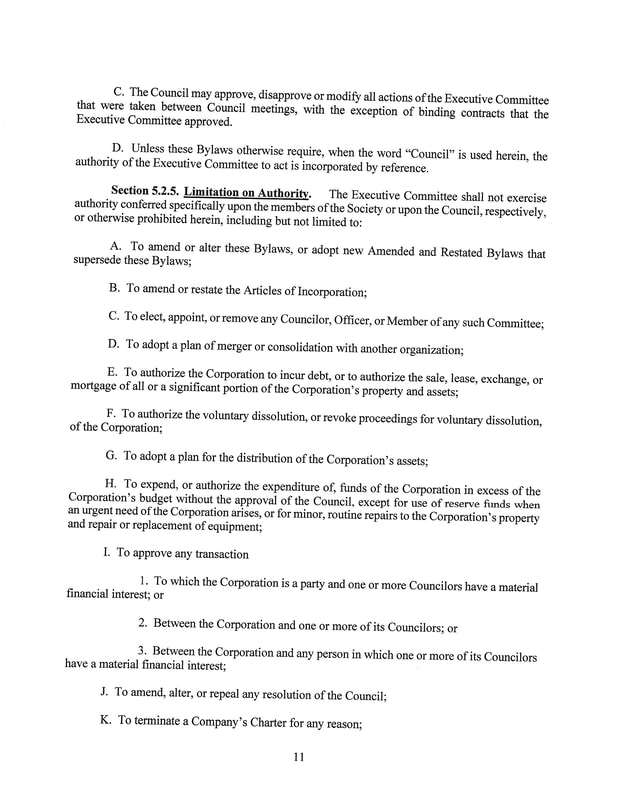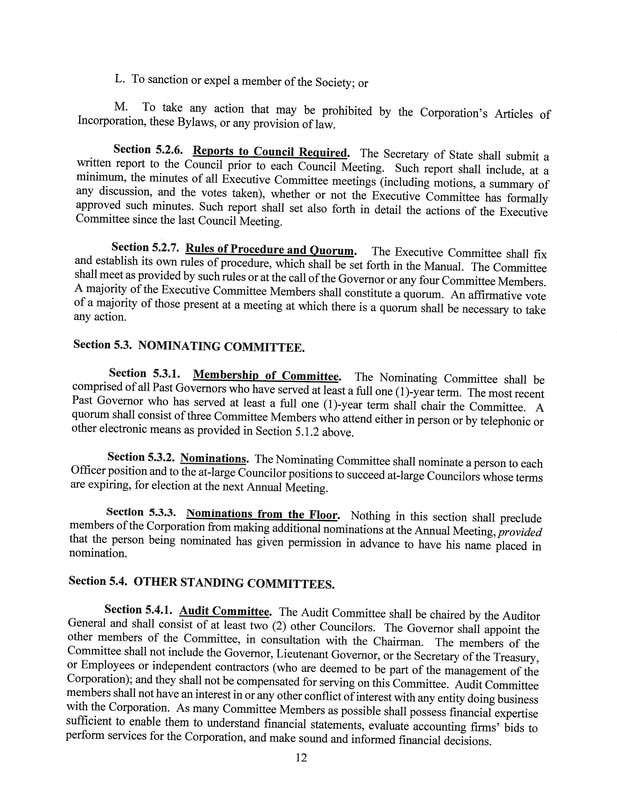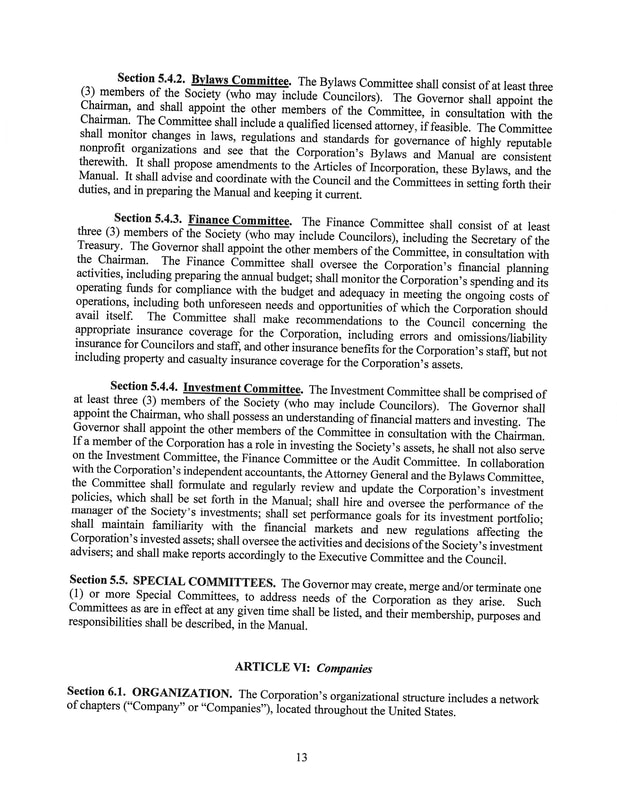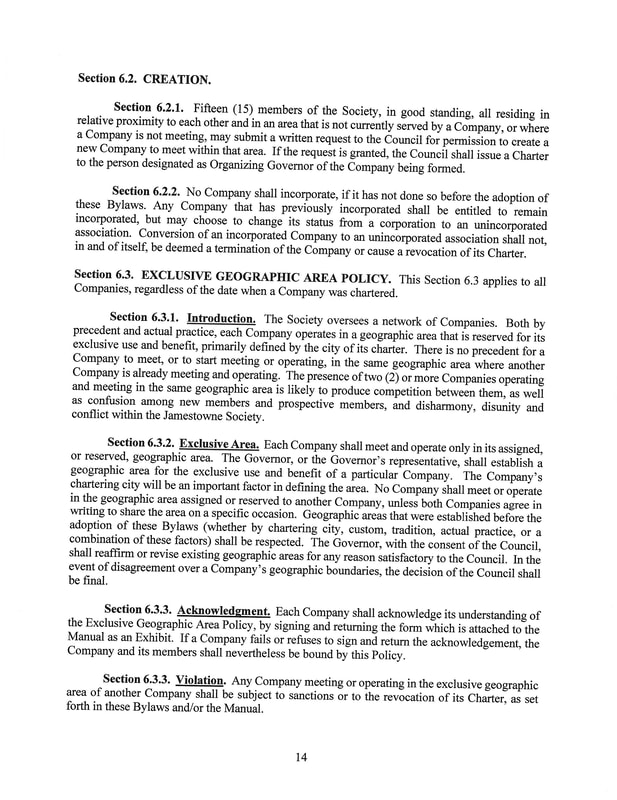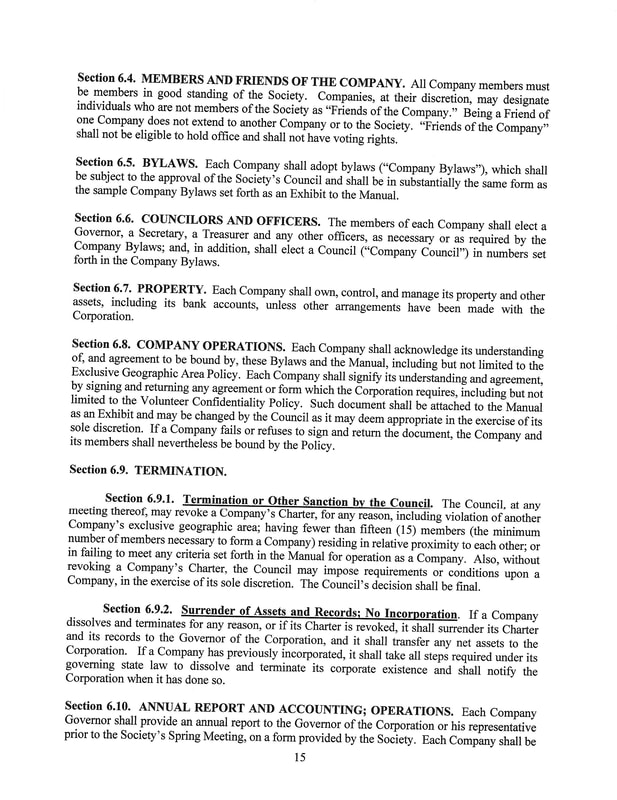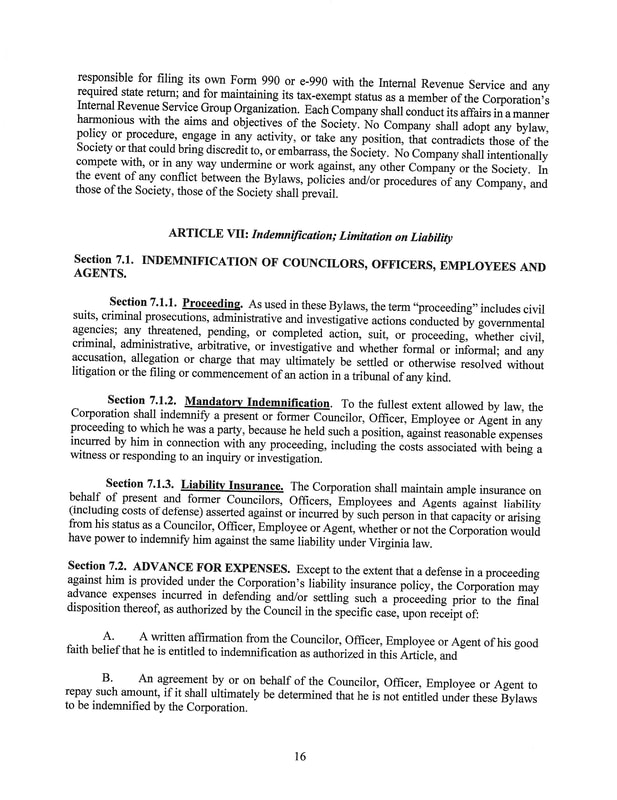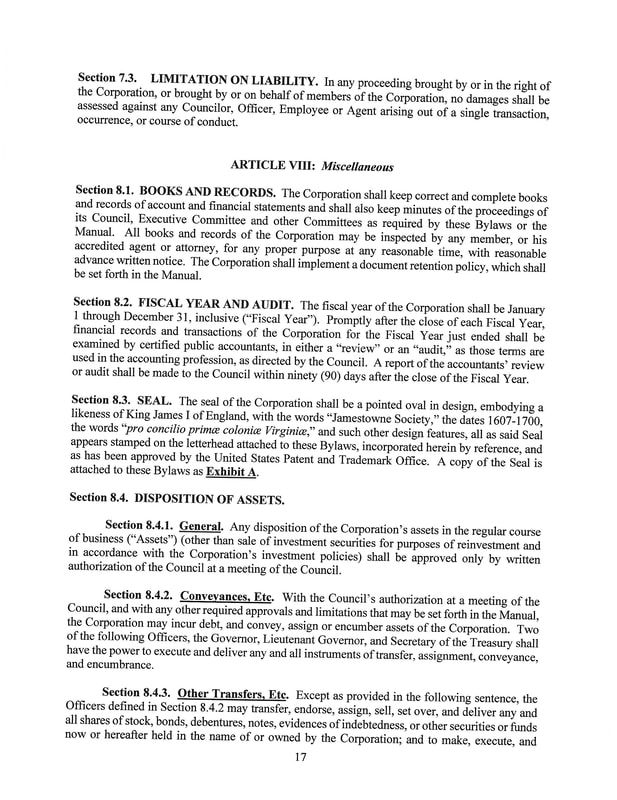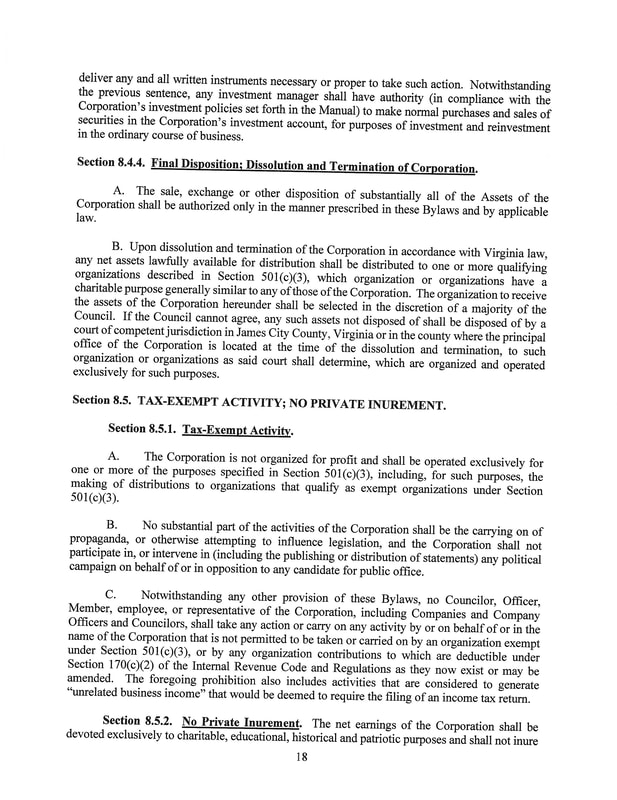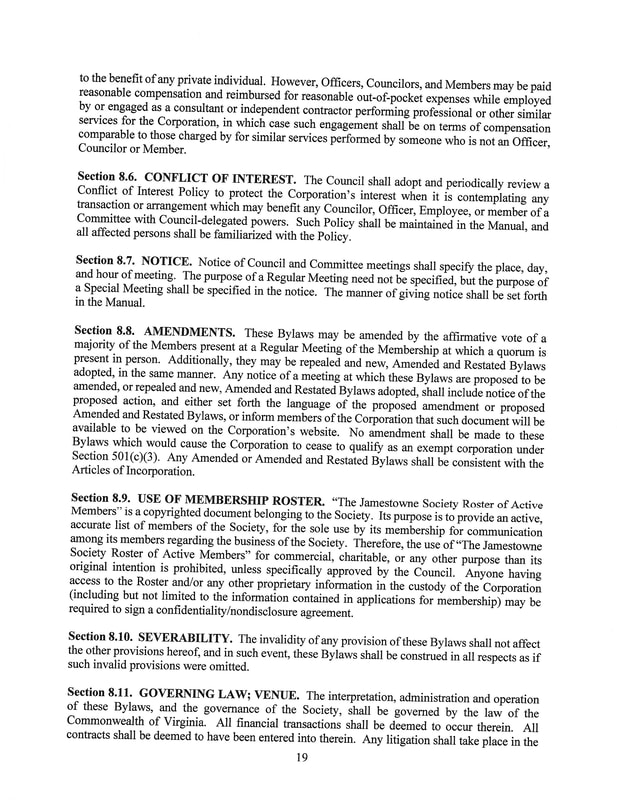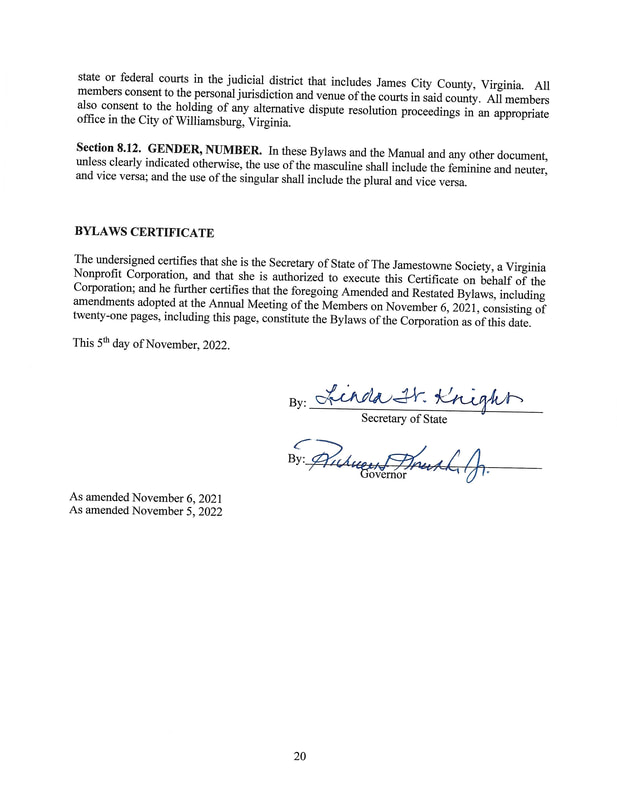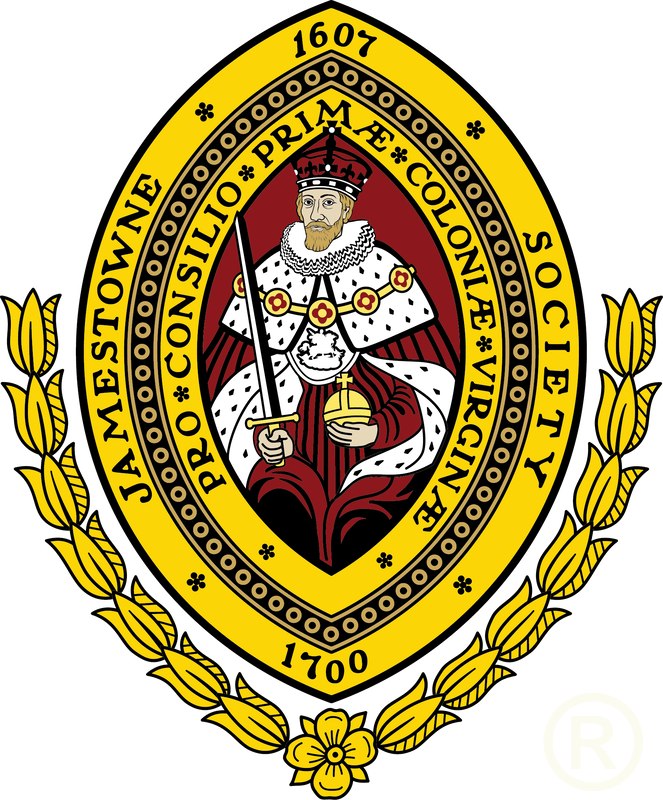
|
|
Donate |
- Home
- About Us
- Membership
- Resources
- Planned Giving
- Contact Us
- Shop
- Blog
-
Members Only Pages
-
Events
>
- Zoom Meetings
- Upcoming Events / Meetings
- Book Club Events
-
Past Events
>
- 2023 Heritage Week Dinner
- Spring 2018
- Fall 2017
- Spring 2017
- 2017 Heritage Week Luncheon
- Fall 2016
- Spring 2016
- 2016 Jamestowne Heritage Week Luncheon
- Fall 2015
- 2015 Jamestowne Heritage Week Luncheon
- Fall 2014
- Fall 2013
- Fall 2012
- Spring 2012
- Fall 2011
- Spring 2011
- Fall 2010
- Spring 2010
- Fall 2009
- Spring 2009
- Fall 2008
- Spring 2008
- Company Events
- Fall 2007
- 400th Anniversary Celebration
- More 400th Anniversary Photos
- Members Only Shop
-
Events
>
|
Contact us at
Jamestowne Society, Inc. 3901 Midlands Road Williamsburg, VA 23188-2575 804-353-1226 [email protected] |
This website is the property of the Jamestowne Society. Graphics and information may be copied or used ONLY for purposes of furthering the Society's goals.
|
© Jamestowne Society 2021
